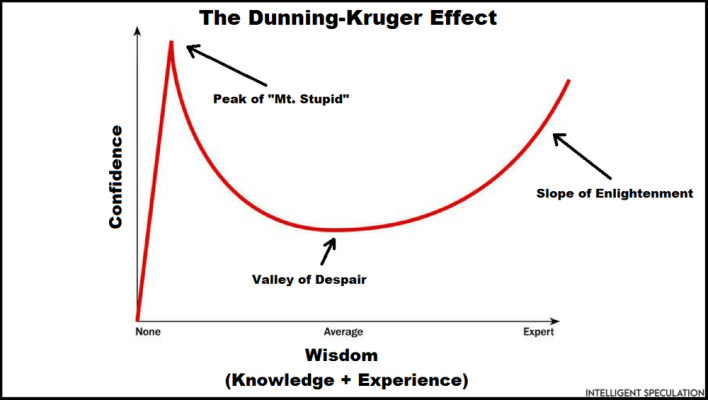ncbill
Thinks s/he gets paid by the post
I have to assume there is some of that factoring in. My mother turned 75 and she was marked for the first time as pre-diabetic and as of last doc visit she is considered diabetic. I may be mistaken but I was under the understanding it takes usually 10 years to get to any kidney damage and 15-25 to get to kidney failure, so a diagnosis that late in life is not likely going to be the determining factor in her longevity and won't really impact the health care system as much more likely some other issue arises first.
Yep grandmother was diagnosed with diabetes at age 85...little point in modifying her lifestyle at that age.

